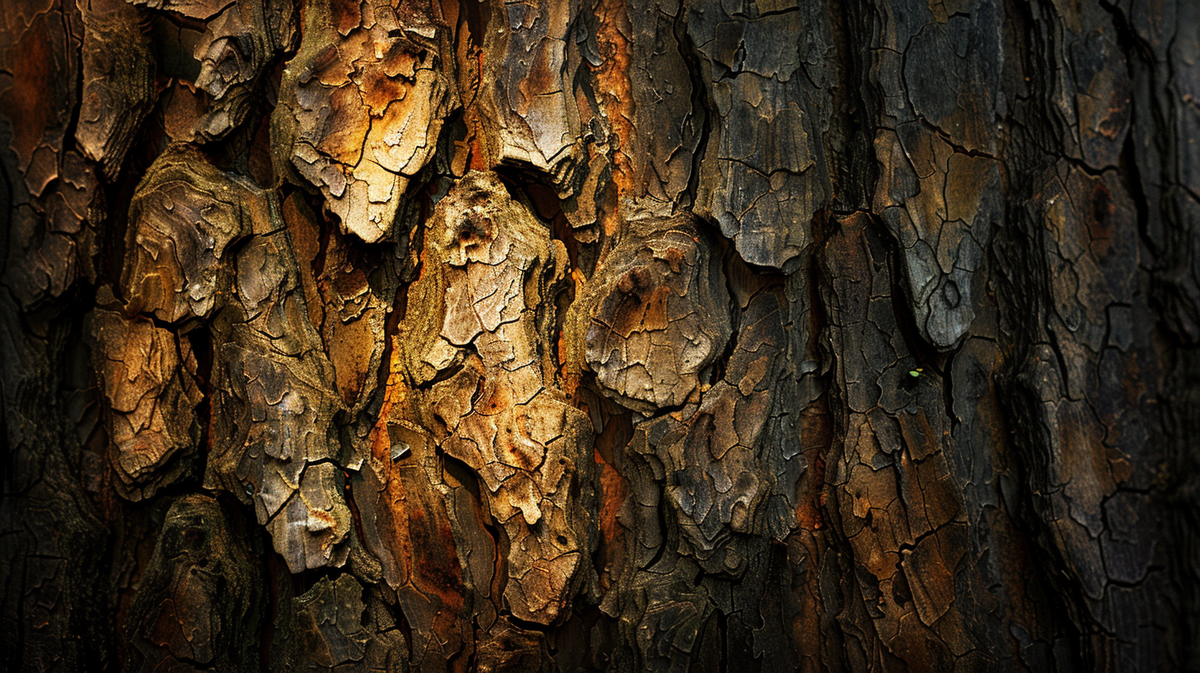Are we living the Good Life?
Meet the Hazda: A tribe still living as hunters and gatherers

I recently learned about the Hazda tribe.
The Hazda are some of the last human hunters and gatherers alive today. They live in the open and are exposed to most of life's challenges.
This makes them strong. They don't care if they get stung by a bee (or bees, plural), they don't care about pain. Their answer to "What is the most important thing in life?" is "meat and honey."
This is such a simple answer to this question, which makes a part of me believe they are living The Good Life. A life in harmony with our genetic heritage, with nature. A life that's full of actual problems, like hunger, and not of fabricated ones, like exams.
The life we are evolutionary designed to find happiness in.
And then I look at the way we live. I see that we became picky about our food and too comfortable in our little homes; experiencing pain from the mildest scratch, and being out of breath at the slightest exertion.
Survival became too easy, and we adapted by becoming less capable. Evolution is on hold because no effort is required to fill our stomachs.
And while some of us are certainly content, most of us bury our potential in so-called "problems" like stress and work.
Removing life's challenges, such as gathering or hunting for food, gives us the time to pursue other things. It also gives us time to fabricate problems and to search for something "higher".
Of course, this life has many advantages. We don't have to fear being eaten by a lion when we go to sleep. And humans have achieved great, awe-inspiring feats that were only possible under our current conditions, and that move me whenever I hear about them.
But in terms of our happiness, were they really necessary?
We weren't made for this. The life we are currently living feels too comfortable and too complex at the same time. Our bodies and minds need the stressors of nature to function properly. No strain, no gain. We have lost something precious with the simplicity of the past.
The answer isn't to go back living as hunters and gatherers. But I think there is something to find here, something valuable we can learn from them. Their connection to nature. The rawness of their lives. The level of toughness.
We should still enjoy the delights of civilization and technological progress. But by emulating their way of life, we might gain another level of satisfaction.